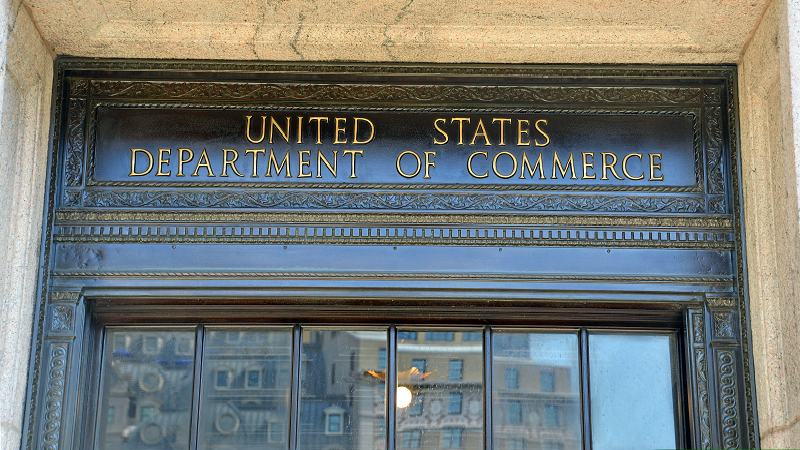
Commerce Secretary Howard Lutnick said that the agency on Monday will take over $7.4 billion in funds for semiconductor research overseen by a nonprofit established under the Biden administration after claiming the organization was created “illegally.”
The National Center for the Advancement of Semiconductor Technology Center (Natcast) was created in 2023 to oversee the National Semiconductor Technology Center (NSTC), a public-private consortium created under the CHIPS and Science Act to drive U.S. semiconductor research and development.
The creation of Natcast – according to the Trump administration – was illegal and was done with the intent to “skirt clear legal restrictions,” and that the Biden administration then “stacked Natcast with former Biden officials.”
“From the very beginning Natcast served as a semiconductor slush fund that did nothing but line the pockets of Biden loyalists with American tax dollars,” said Lutnick in a statement. “The Biden Administration had no authority to manipulate legislation in a way that would allow them to establish, staff, and govern a corporation to act as a government agency,” he said.
Specifically, the Commerce Department said that the Biden administration violated laws under the Government Corporation Control Act which prevents the government from creating organizations to carry out actions on behalf of an agency. The department also said that the Biden administration attempted “to protect Natcast from any real oversight or accountability and tie the hands of future administrations.”
In taking over the NSTC from Natcast, the Commerce Department said that its operations “will be reformed to align with statutory requirements and increase transparency.”
Last week, Natcast released a statement saying that it was “aligned closely with the priorities of the White House,” and was conducting “high-risk, high-reward, leap-ahead R&D.”
In January, Natcast announced that it had designated a third location for establishing a CHIPS for America research and development center, following the first two locations announced late last year.
